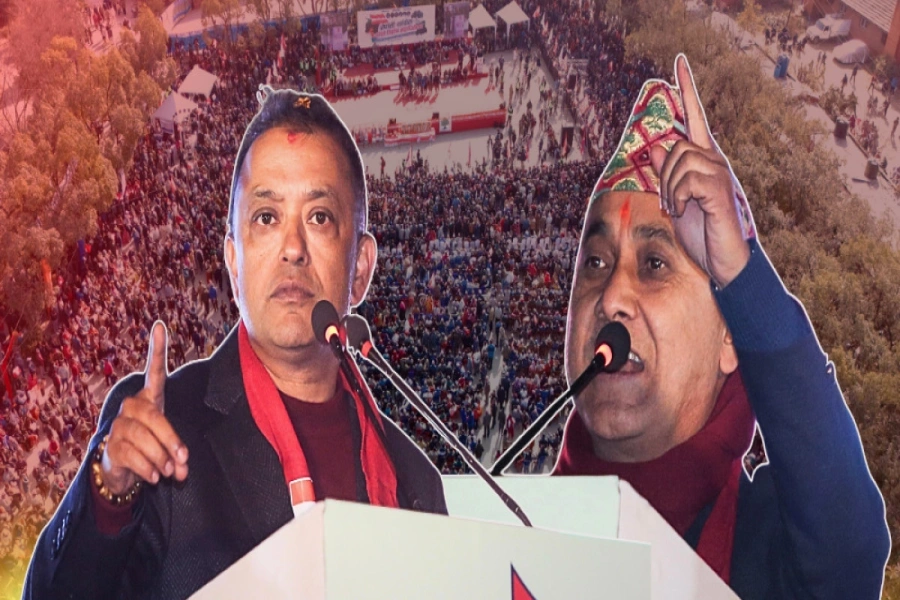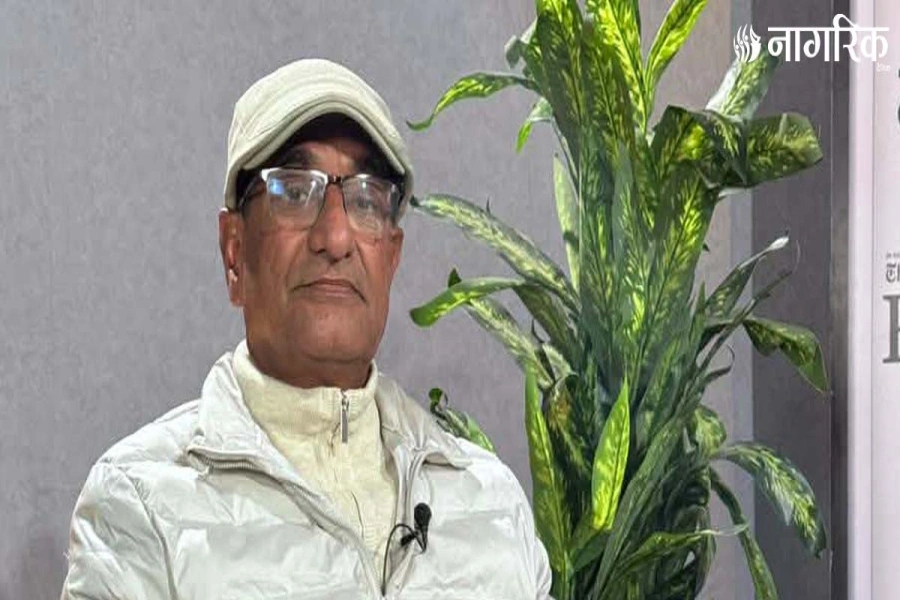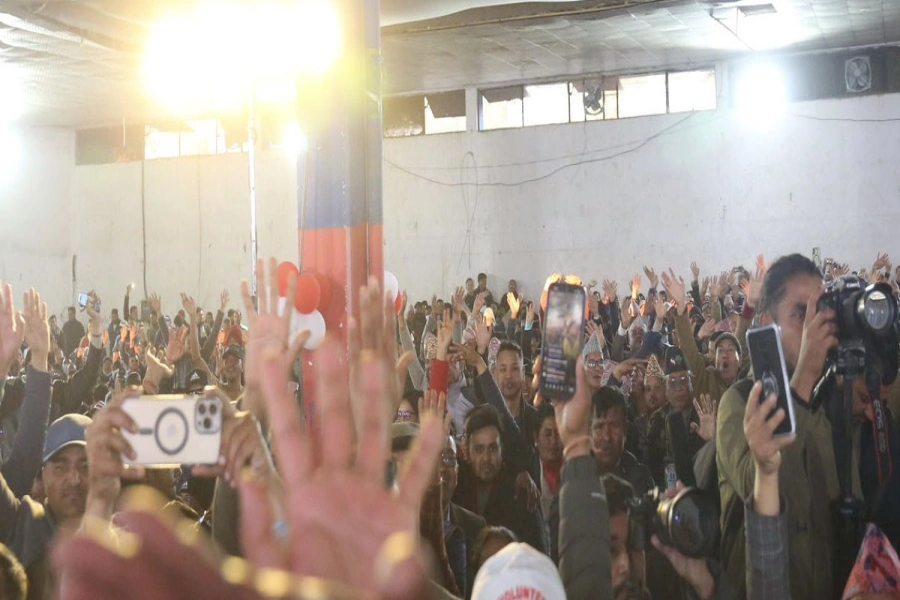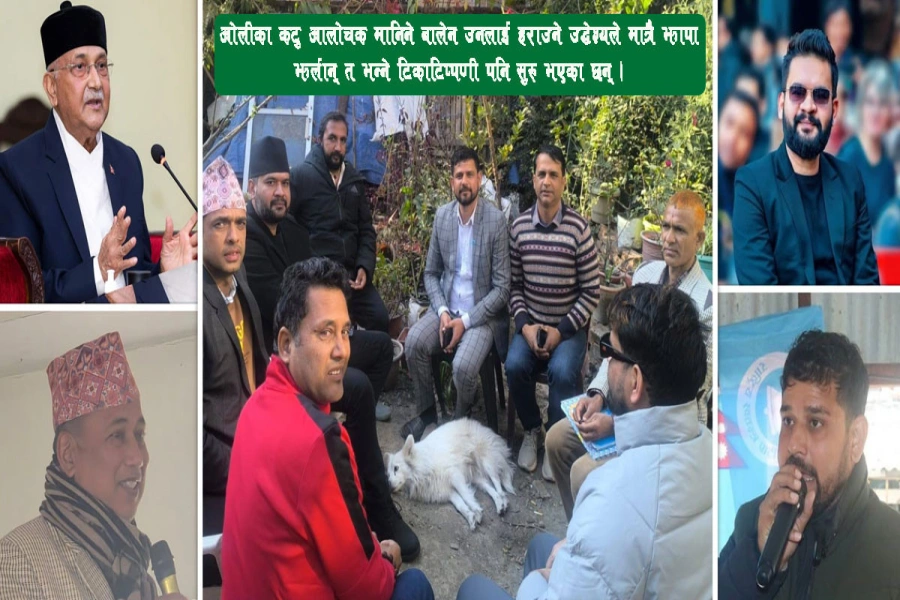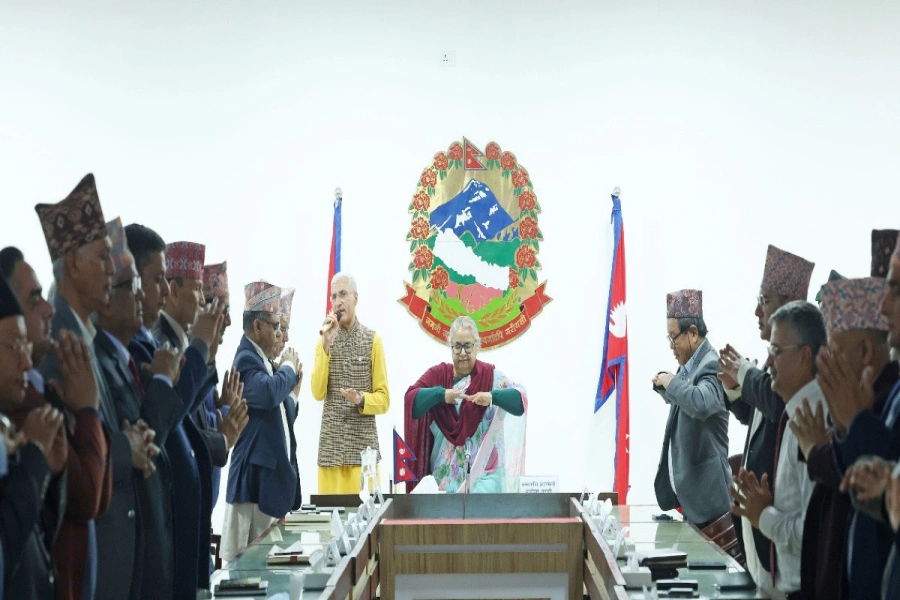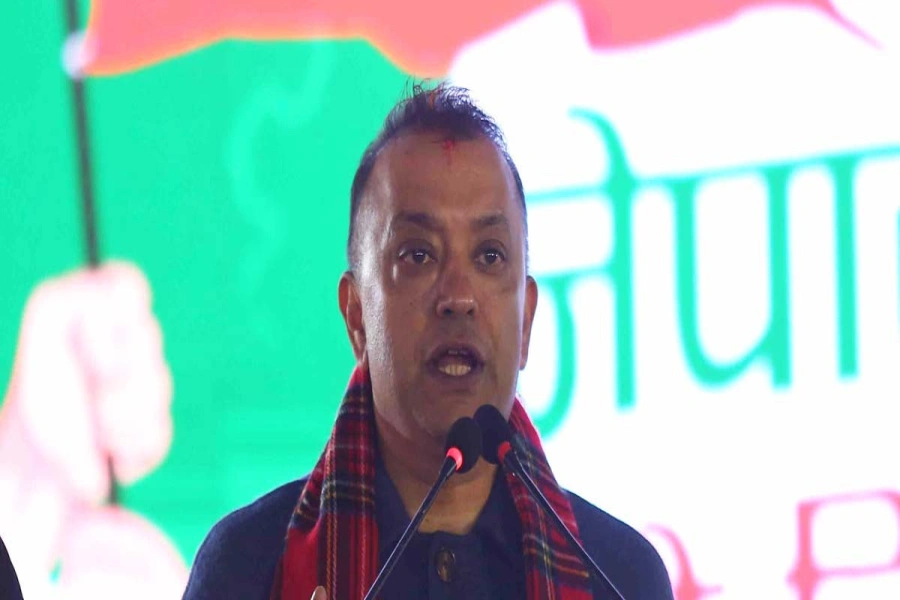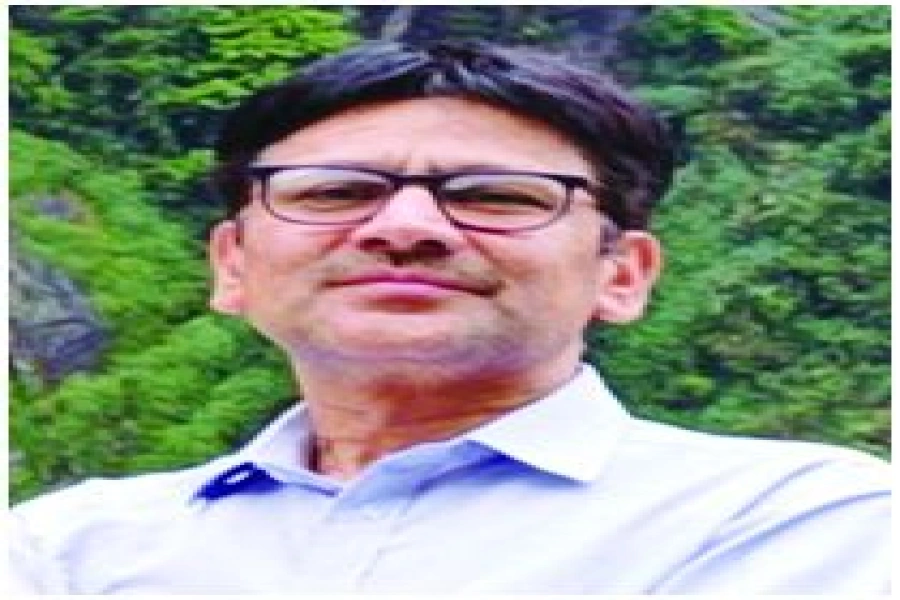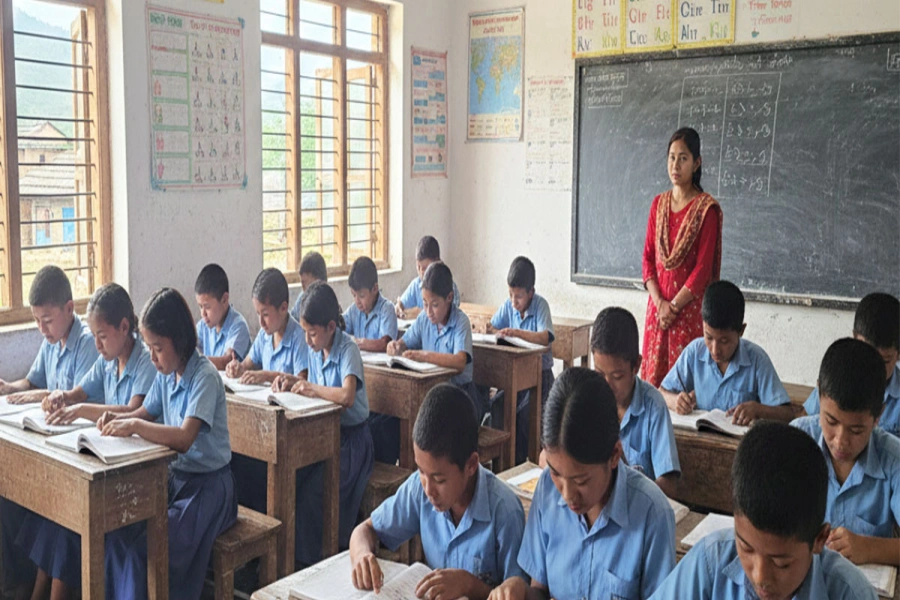The swiftly changing roles of the state globally underlies the need to go beyond bureaucratic set up and usual rhetoric, and reach beyond immediate circles of participation into wider reaches of the community. Participatory governance is a search for a new space between the state and citizens to effectively and meaningfully participate in the process that ultimately creates progressive socio-economic changes for those at the grassroots. Only when citizens are informed, they can stand up for their rights and hold their government accountable for its actions, decisions and management of public resources. For this, government needs to provide citizens unhindered access to information and transparency of government processes by implementing right to information law.
Engaging citizens in governance beyond the use of ballot box is an emerging phenomenon in governance discourse and is an essential element of participatory governance. Getting citizens engaged in different levels of governance has also become an important step toward reinvigorating the democratic system. In the last decade, Nepal has seen growing political commitment at the highest levels to give citizens more of a voice in public decisions by engaging women, Dalit, Janjaati and Madhesi, among others, in making the state more responsive and accountable to their needs and priorities. However, Nepal has a long a way to go in making its governance fully participatory, transparent, accountable and inclusive.
Countries around the world are starting to realize that engaging their citizens more in shaping decisions that affect their everyday life improves not only the legitimacy of governance but also the quality of public services. Wider citizen participation in governance is being backed by democratic theorists and social activists who show that participatory approach has worked well in many countries. From Brazil´s daring experiments in participatory budgeting, to China´s recent enthusiasm for engaging the masses in deliberative forums, to the expansion of grassroots democracy in India, changes are already taking place.
Democratizing citizen engagement requires a radical shift in the way the state relates to its citizens and in people´s sense of their own power to change their lives and communities for a better future. Participatory approaches aim at empowering people to participate at all stages of the decision making, implementation and monitoring processes as a means to promote vertical forms of accountability chain, using tools such as participatory budgeting process, public audits, public hearings and citizen report cards. Though some civil society organizations in Nepal are using these social accountability tools for people to assess and monitor the use of public resources at the local level, they are yet to be widely recognized and replicated by the state. As people´s participation in planning and budgeting processes is emerging as a critical form of citizen´s engagement in decision making, it ultimately promotes greater state accountability, responsiveness of public policies and people´s capacity to hold the state institutions accountable.
Participatory approaches in decision making process down from local levels ultimately leads to increased involvement of people who are underrepresented in formal political institutions. It brings about greater probity in government function and contributes to a greater sense of political efficacy as people see changes that their involvement ultimately brings about. A democratic state has a duty to involve its citizens in decisions that shape up their lives and recognize participation not as a favor but as a basic right fundamental to claiming many other essential rights. People´s participation and empowerment must be matched by strengthening the state´s will and capacity to respond to its people´s expectations and demands. However, this accountability equation is grossly lacking in Nepal now.
Having a right to participate means being recognized by the state as having an entitlement to be informed and involved. Making that right calls for amplifying and channeling citizen voices on the one hand and strengthening the state accountability on the other. Reinventing peoples´ role in this way – ´from users and choosers to makers and shapers´ – has profound implications for how citizens come to be seen by the state. However, current governance modality in Nepal is yet to fully recognize citizens as "active players" from its conventional view of citizens only as passive recipients of public services the government doles them out.
INCLUSIVE GOVERNANCE
Inclusive governance is an integrative concept that aims at real improvements in people’s lives and in the choices and opportunities open to them. This goes beyond economic development, in terms of income and gross domestic product, to encompass access to education and health care, freedom of expression, the rule of law and respect for ethnic diversity as essential dimensions of development and prosperity.
To be inclusive is a core value of democratic governance, in terms of equal participation, equal treatment and equal rights before the law. This implies that all people – including the poor, women, ethnic and religious minorities, indigenous peoples and other disadvantaged groups – have the right to participate meaningfully in governance processes and influence decisions that affect them. It also means that governance institutions and policies are accessible, accountable and responsive to disadvantaged groups, protecting their interests and providing diverse populations with equal opportunities for public services such as justice, health and education, among others.
Nepal, as an ethnically diverse country, presents a challenging context for promotion of inclusive governance. Underlying structures of inequality remain deeply embedded in historical processes of discrimination and inequitable development. Indeed, many ethnic groups in Nepal today still find themselves excluded – socially, politically and economically – and are alienated from mainstream development and governance processes. Madhesi and Janjatis´ uprisings in the past were an outburst of painful alienation and the failure of Nepal´s non-inclusive governance model to address their socio-economic and political woes.
Barriers to governance structures inclusive of disadvantaged and marginalized groups are preventing access to millions – women, Dalits, Janjatis, indigenous, people with disabilities and others – to critical government services, as well as preventing them from exercising their rights and achieving higher levels of human development. This is not to say that Nepal has not made any efforts as yet. Some positive discrimination and reservation policies are put in place to enhance participatory and inclusive governance approaches down from local levels.
To promote marginalized groups´ access to decision making and control over resources at the local level, newly amended local bodies´ grants operation guidelines make 33 percent women mandatory in all User´s Committees that spends and supervises around NRs 45 billion earmarked for local development annually. Thirty-five percent of this fund has to be mandatorily allocated for the target groups. But, in the absence of informed and educated women as members in the User´s Committees, local elites and political leaders often manipulate and influence allocation of these resources. Much of it ends up in pockets of political parties in absence of elected local bodies and downward accountability.
Legal frameworks and policies are alone not enough, if they fail to be implemented. In the name of marginalized and backward groups, only a few handful "ethnic elites" have been benefiting. Inclusion has become more of a political cliché and sacks of a "tokenism" rather than providing space for those really alienated and marginalized. Across least developed countries like Nepal, there is a high-pitch cry for real inclusion in governance process to deepen democratic system, ensure effective representation and develop people´s capacities to better demand public goods and services as an entitlement but not just as mere allotments.
Well-implemented inclusive governance modality ensures civic participation as a right rather than something depending on the mercy of the state.
When inclusive governance approach is adopted in full swing, backed by adequate legal and institutional reforms, the paradigm will really start shifting. Those on the receiving end of public services today, namely women, Dalit, Janjatis, Madhesi and other marginalized groups, will become not just beneficiaries with needs or consumers with preferences, but citizens with entitlements and rights. Thus, Nepal´s real challenge in a federal system will be to adopt participatory and inclusive governance model to change the lot of around 30 million people from the status of "users" to "makers" of decisions that in the true sense of the term will ensure long-talked socio-economic and political transformation of the country.
pbhattarai2001@gmail.com
Governance in Social transformations in Nepal



